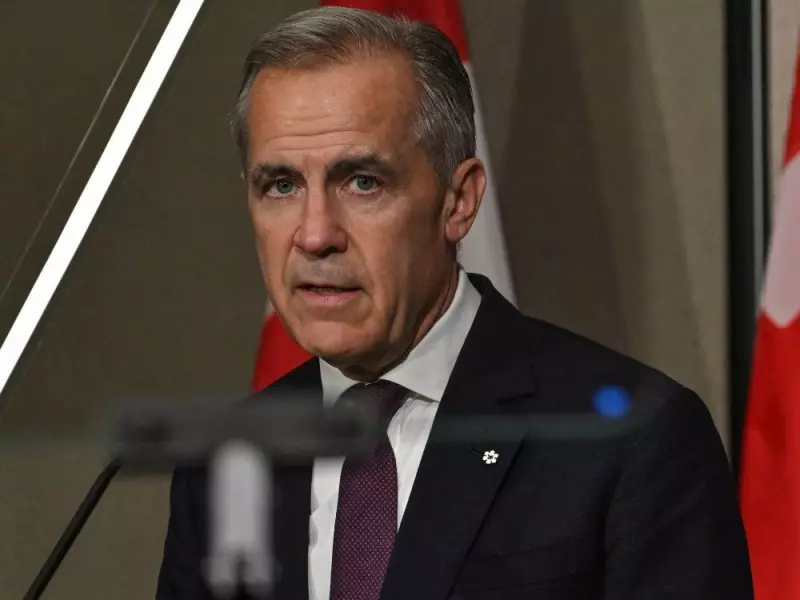
Canadian families and businesses are watching Ottawa with growing apprehension as the federal government prepares to table another budget amid ongoing economic uncertainty. With the country still grappling with affordability challenges and economic headwinds, many are questioning whether taxpayers can withstand another round of substantial government spending.
The Growing Burden on Canadian Households
The upcoming budget arrives at a critical juncture for Canadian households. Many families continue to struggle with the rising cost of living, from grocery bills to housing costs, while facing the prospect of higher taxes to fund government initiatives. The concern among fiscal watchdogs is whether additional government spending will exacerbate rather than alleviate these pressures.
A Pattern of Deficit Spending
Recent federal budgets have followed a consistent pattern of significant deficit spending, adding billions to the national debt. While the government argues this investment is necessary to support Canadians and build key infrastructure, critics warn that the mounting debt burden will eventually fall on taxpayers through either reduced services or increased taxes.
What to Watch For in the Upcoming Budget
As Finance Minister Chrystia Freeland prepares to present the government's fiscal plan, several key areas will be under intense scrutiny:
- Deficit projections: Will the government continue running substantial deficits?
- New spending initiatives: What new programs will be introduced, and at what cost?
- Tax measures: Will there be tax increases to fund new spending?
- Economic growth forecasts: Are the government's revenue projections realistic?
- Debt servicing costs: How much is being allocated to interest payments on existing debt?
The Long-Term Implications
Beyond the immediate budget numbers, economists are concerned about the long-term sustainability of current spending patterns. With an aging population and growing demands on healthcare and social services, the structural deficit challenges could become increasingly difficult to manage in coming years.
The fundamental question facing Canadian taxpayers is whether the government's fiscal approach represents necessary investment in the country's future or an unsustainable burden that will compromise economic prosperity for years to come.





